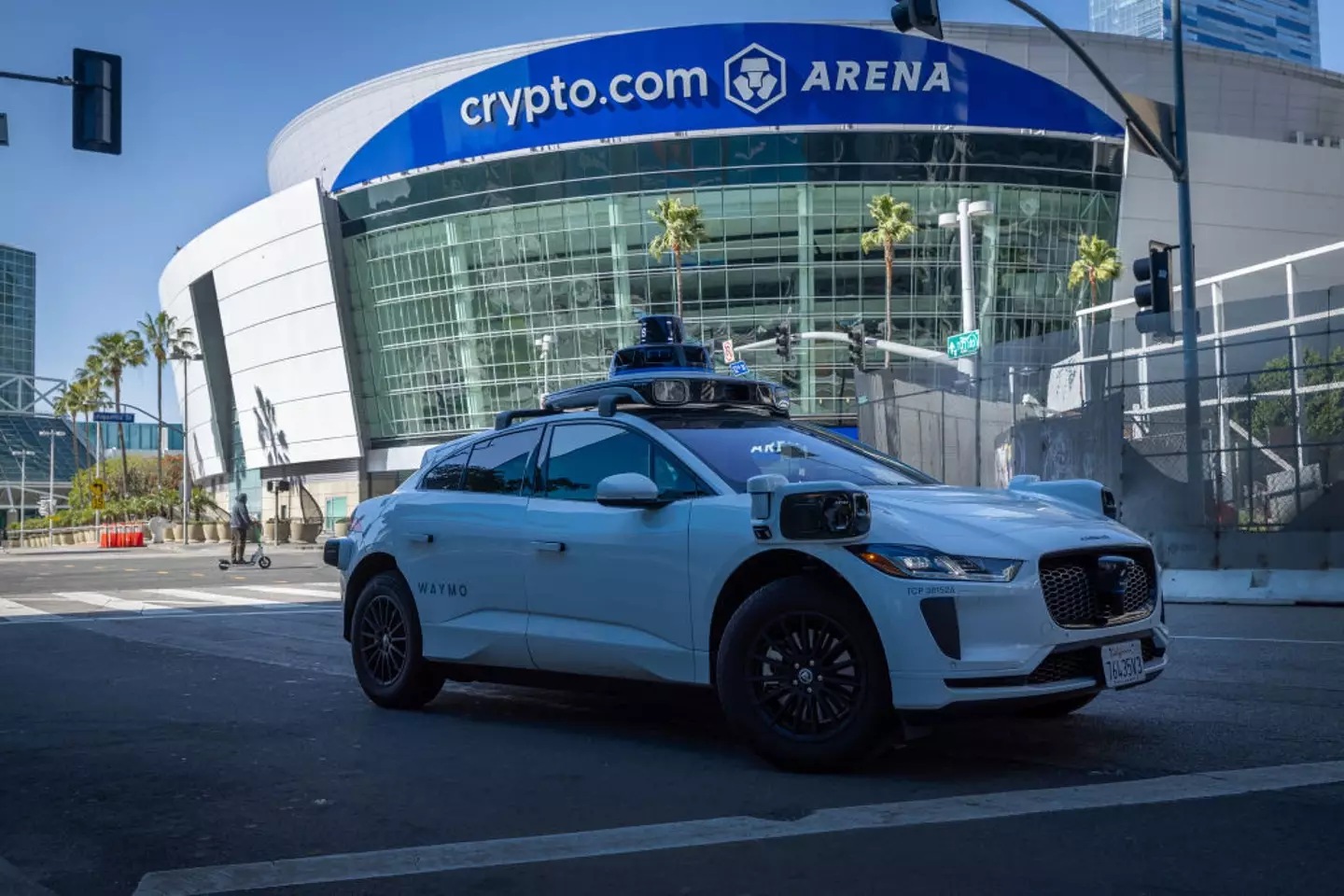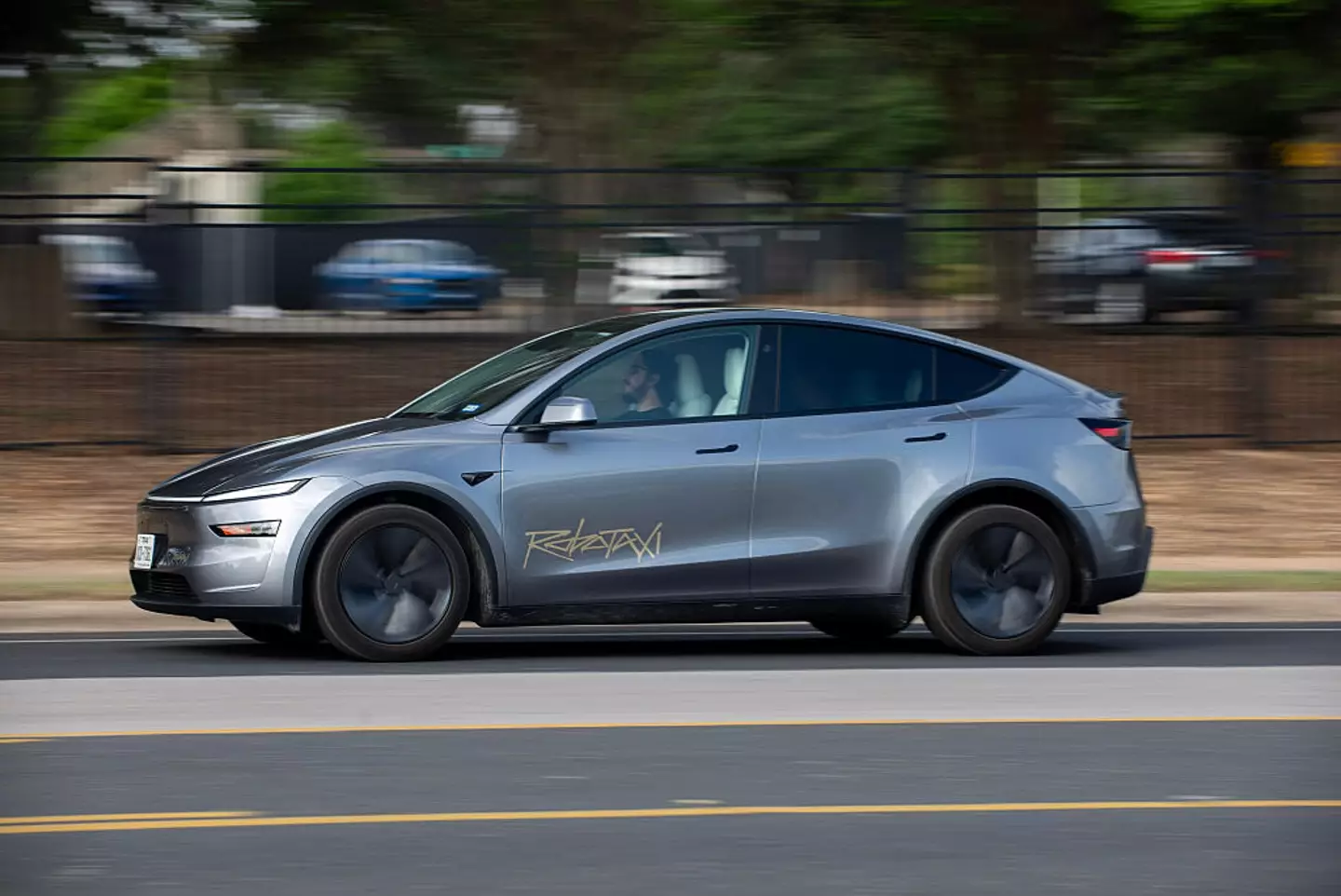
Elon Musk's Robotaxis are seemingly planning a big new move as Tesla intends to continue the roll out into San Francisco, but leaked emails have revealed exactly what the city's bosses think about this.
Driverless vehicles have been one of the biggest features of the electric car world for a number of years now, with Elon Musk making significant headway through Tesla's Full Self Driving (FSD) and Autopilot functionality.
Studies have shown that self-driving tech is safer than human drivers in nearly every aspect, and while there remain a number of concerns surrounding existing crashes – including one that has cost Tesla hundreds of millions of dollars – progress continues to push onwards.
One area that is taking full advantage of this is what's known as 'robotaxis', as these serve as driverless couriers that aim to safety take you from one place to the next on demand.
Advert
While the Robotaxi name has been taken by Tesla and Musk with a trial period launching in Austin a few months ago, Alphabet's Waymo has actually been providing a similar service for a number of years now, and continues to expand into a number of states across the country.

Tesla understandably wants to match this progress and has unveiled plans to hit new markets in the near future, but it's aim to expand into San Francisco – the tech capital of the country – might not have gone to plan so far.
As reported by the Independent, the issue appears to stem from complications surrounding regulations, as launching such a service would require permits that can take years of testing to achieve, and it appears as if Tesla's plans don't include any explicit mention of driverless taxis.
Instead, Tesla has planned only for pre-arranged trips in human-driven vehicles for people who had previously received an invitation, which was all happening under a permit that's typically reserved for limousines and not on-demand taxi services.
One spokesperson for the California Public Utilities Commission has revealed that Tesla is required to "properly and accurately" describe any services that might include Robotaxi operations, and that communications must "provide a clear distinction" between human-operated services and Robotaxi operations that occur in other parts of the country.
What this appears to suggest is that the term 'Robotaxi' is no longer entirely synonymous with driverless cars that you can hail on-demand, and do not explicitly have any association with the company's Full Self Driving technology.

"They don't want to tell regulators they have an automated-driving system," explained Matthew Wansley, an expert in autonomous vehicles and professor at New York's Cardozo School of Law.
Wansley illustrated that Tesla is likely obscuring this from lawmakers "because then they become subject to a lot more regulations in a lot of states," with California being one of the strictest in this regard.
When asked about a potential 'misinterpretation' by Emily Warren, a state deputy transportation secretary, Tesla policy employee Noelani Derrickson simply replied that Tesla "does not respond to press enquiries," and that the public would receive further details "when they become available."
